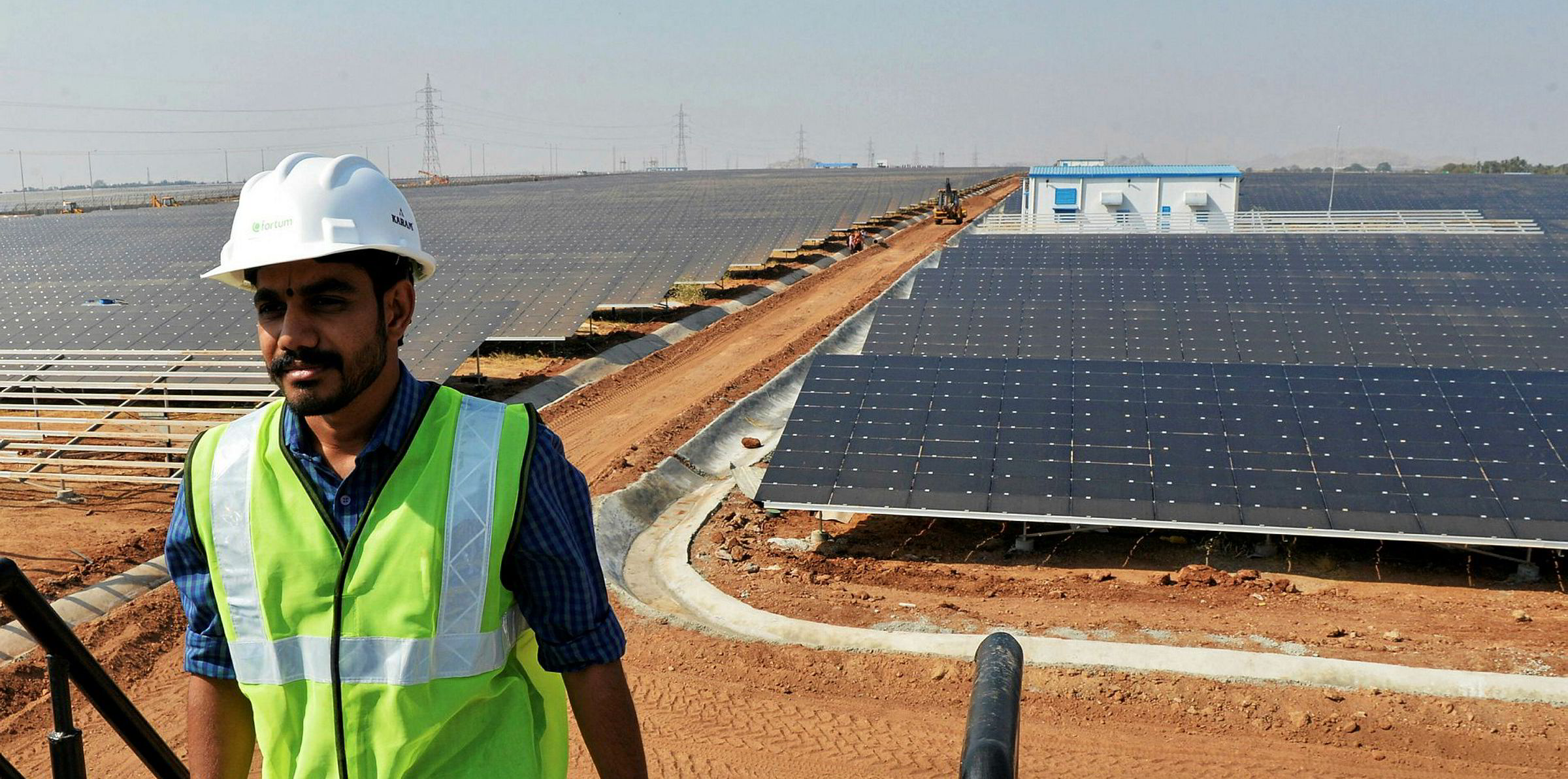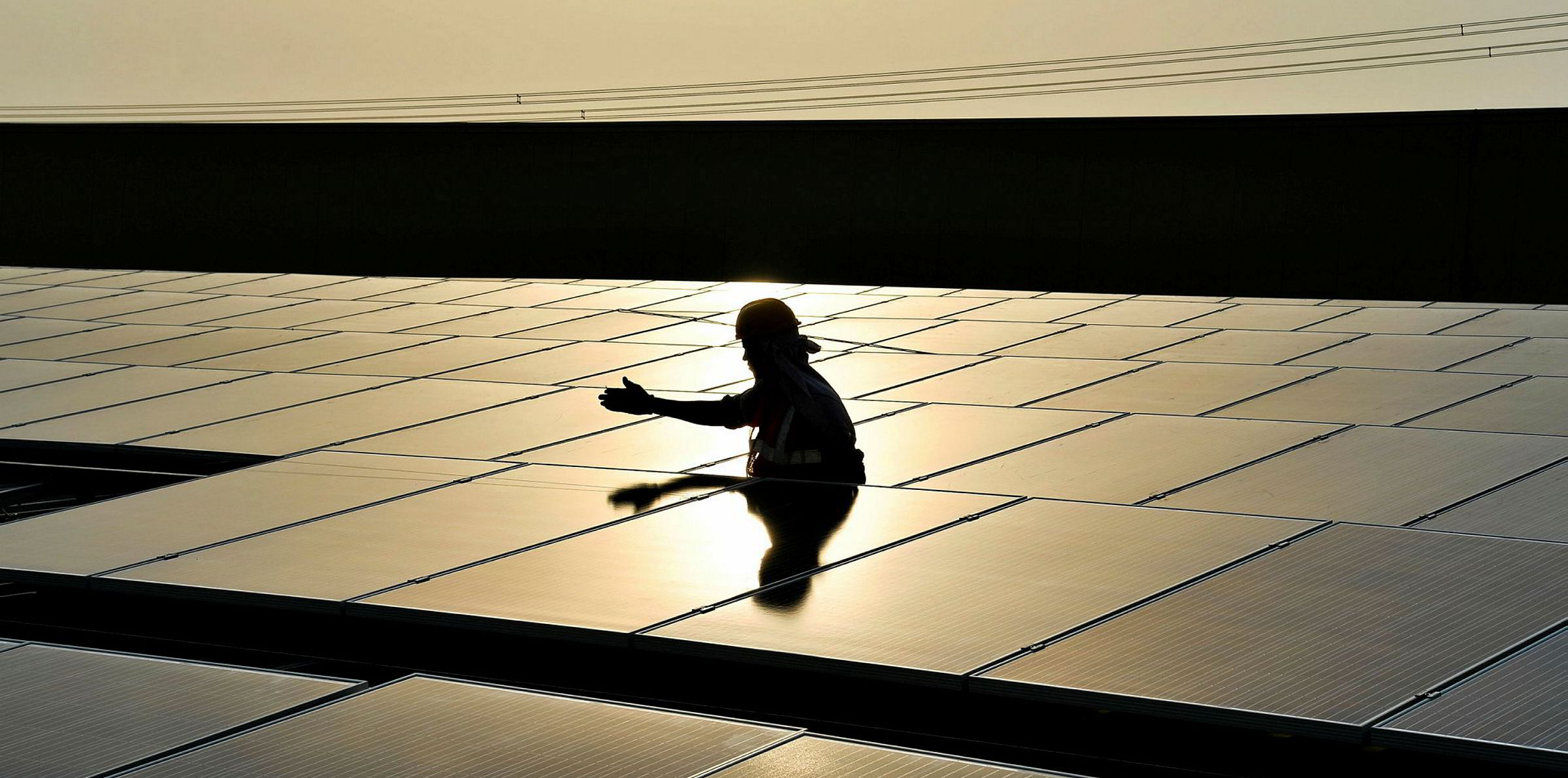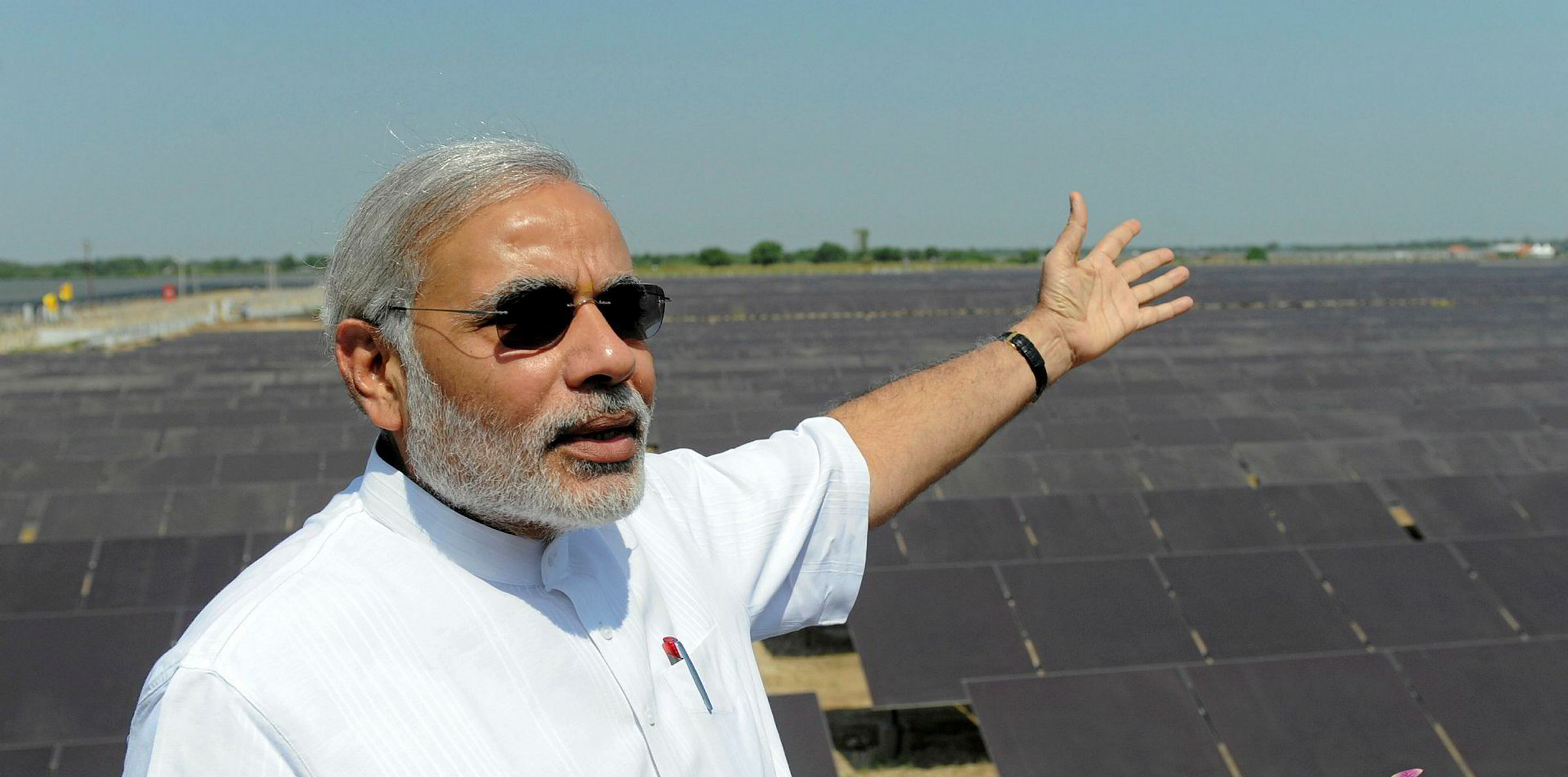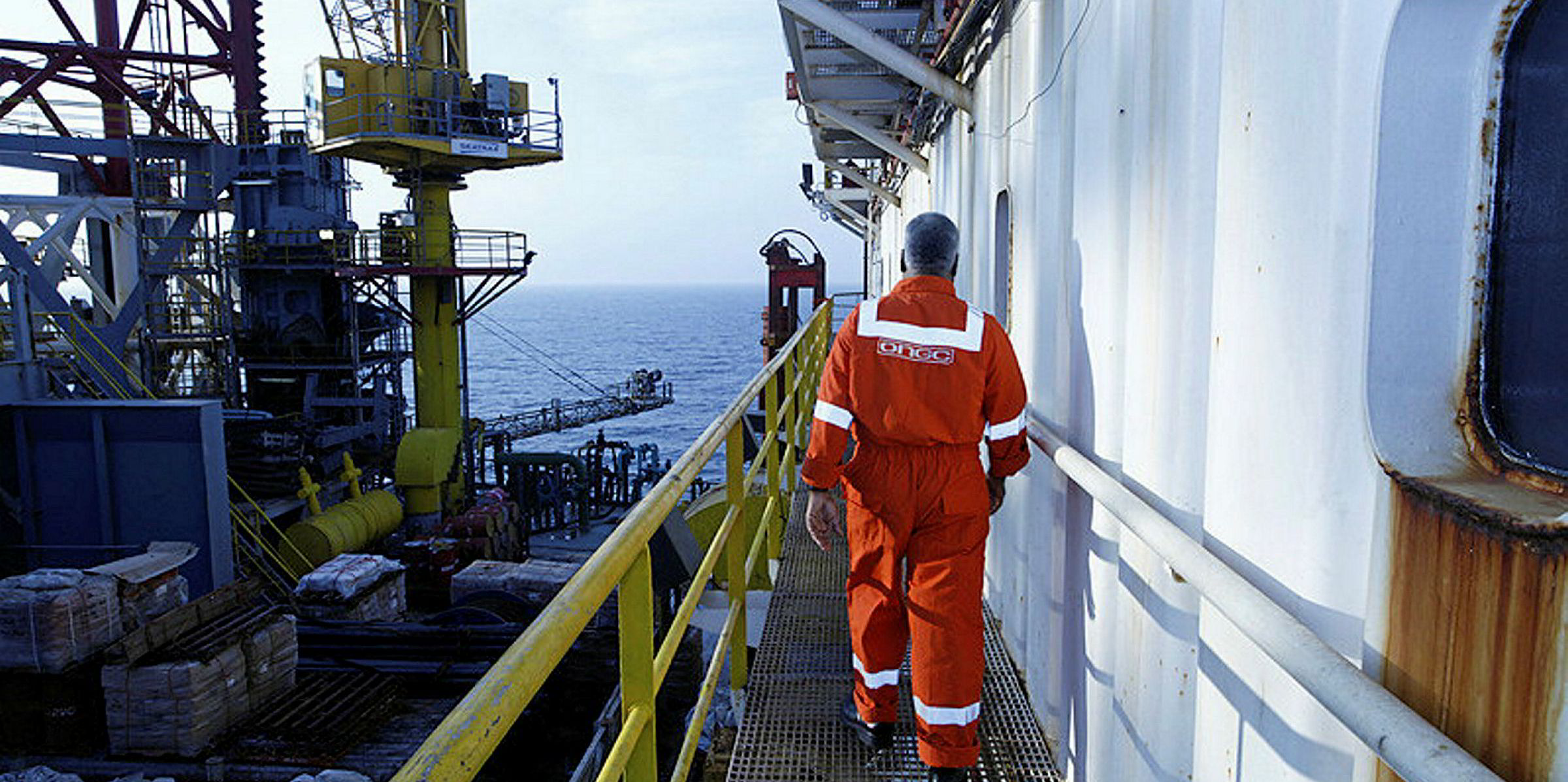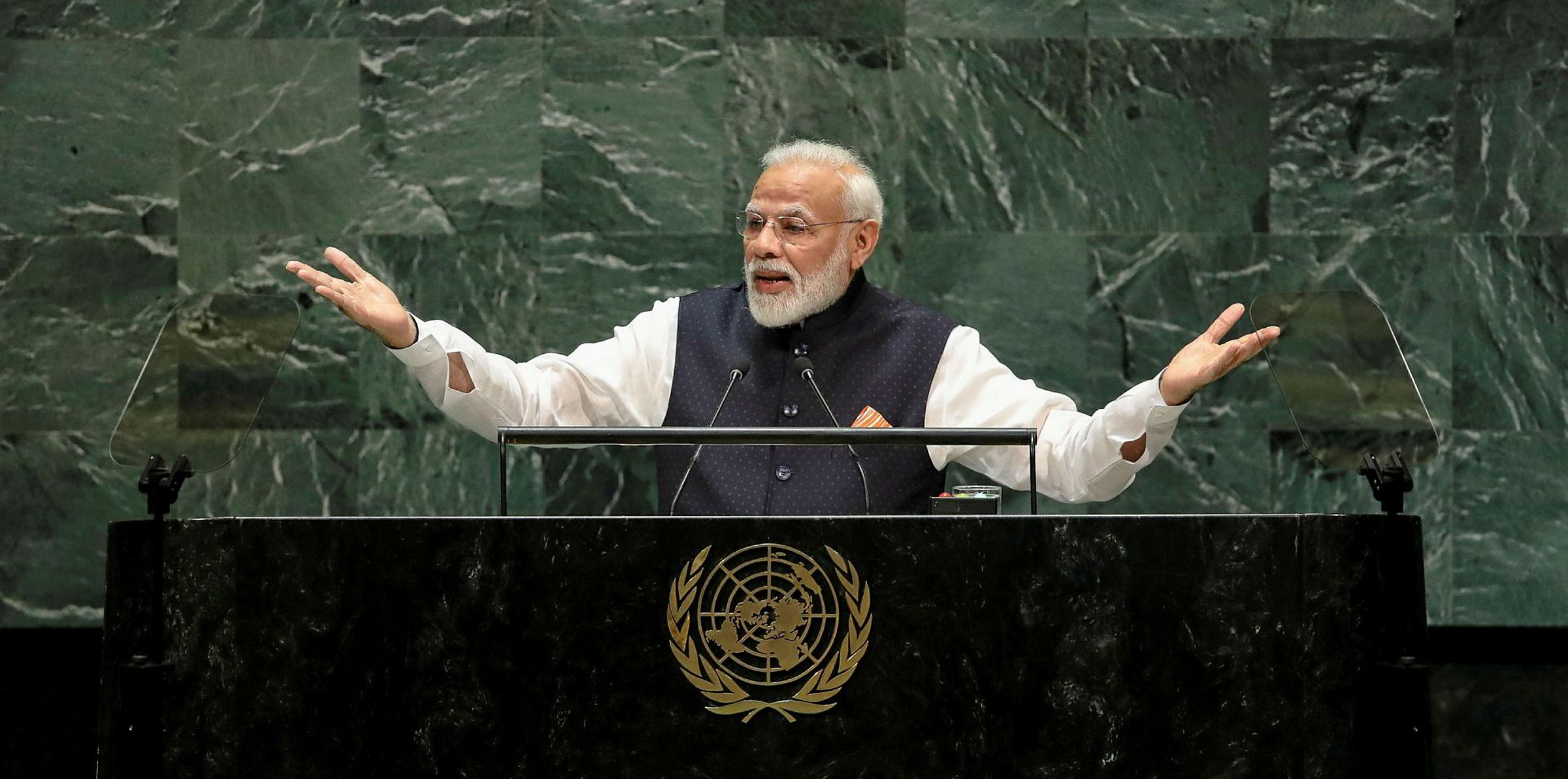Wind-solar hybrid renewable energy projects are set to boom in India with a 15GW build-out over the next five years that could act as a “saviour” for the nation's faltering wind industry, said financial ratings agency CRISIL.
Projects co-locating turbines and modules are soaring up the agenda as a “viable new renewable energy option in India”, helped by early large tenders from the government, according to the ratings agency, a unit of S&P Global, in a note on the sector.
Combining the attributes of strong daytime solar production and windy overnight conditions to maximise a single grid connection is seen by power distributors as an attractive alternative to the imtermittency problems of standalone renewables.
That can be further bolstered by the addition of storage, CRISIL said, which could make the hybrids competitive for peak supplies.
CRISIL reckons 10GW of wind-solar hybrid capacity is already either being built or under tender, leaving the sector set to explode to 15GW by 2025 from just 100MW in place now.
“Wind-solar hybrids could also emerge as a saviour for India’s wind energy sector, which has seen developer interest waning due to technical and pricing issues,” CRISIL said.
The Indian wind sector has stalled in recent years in the face of a string of difficulties ranging from land availability to grid issues and undersubscribed tenders, leaving it set to fall short of the Indian government's flagship target of 60GW in place by 2022.
But CRISIL pointed to successful early tenders for wind-solar hybrids (WSH) by the Solar Energy Corporation of India (SECI), which runs renewables procurement for the government.
The projects from its first 2018 WSH tender, which awarded 1.2GW at an average price of 2.67 rupees/kWh ($0.035/kWh), are due online over the next six months. Subsequent auctions saw WSH projects find a “competitive sweet spot” around the 2.90/kWh mark.
SECI also this year opened a 1.2GW tender for wind, solar and storage. Alongside the central government agency, CRISIL said state and other entities including Railway Energy Management Company have also embraced hybrid procurements.
“By combining the best of wind and solar power, WSH could well become a viable renewable energy option for India. In the process, it could help salvage the wind energy market, which is struggling to stay afloat,” CRISIL said.
However, it noted that challenges remain. The land availability issues hampering the wind sector also apply to hybrids, while the current WSH power price – while broadly competitive with pure-play wind – is higher that standalone solar projects, which have been coming in around 2.50 rupees/kWh.
